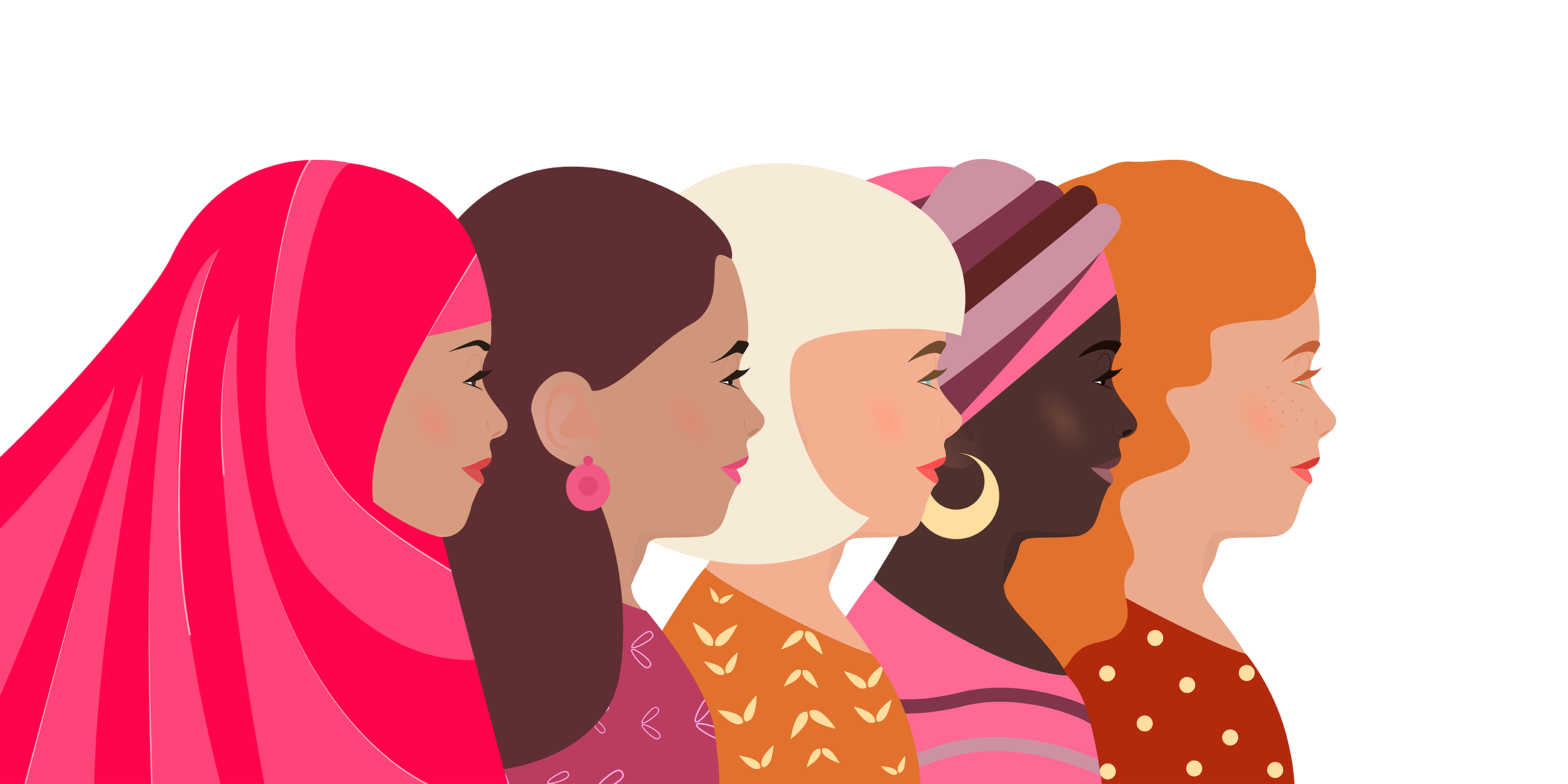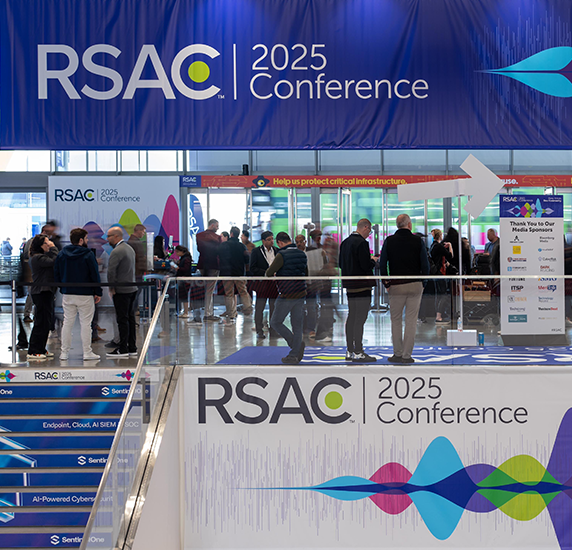Here at Dataminr, we consistently identify and assess the key opportunities—and the constraints—that give voice to our employees. Our goal is to empower them to become vital players in sustaining company growth, while flourishing professionally and personally. Where possible, we do the same for our partners and the organizations we support.
As always, March is an excellent time to focus on these efforts as it’s dedicated to celebrating both Women’s History Month in the U.S. and International Women’s Day (IWD) on March 8. This year’s IWD campaign theme is #BreakTheBias.
I’m incredibly excited about leveraging each one to:
- recognize women’s vital role in our society
- increase the visibility of women in the workplace, particularly in industries like tech
- highlight the strengths and achievements of our female colleagues
As Dataminr’s Vice President of Diversity, Equity and Inclusion (DEI), I work to affect the systemic inequities and biases that the world and all of us have yet to overcome. I’m a passionate, life-long student of this work—and I’ve committed my career to advocating for equity, equality and building workplaces where difference is valued, nurtured and celebrated.
It’s also what led to my conversation with Monica Moreno, Dataminr Talent Acquisition Partner and our global co-leader of the Women@Dataminr employee resource group (ERG). I sat down with her to discuss her experience with workplace bias, and what employees at all levels can do to help eradicate it.
Check out what Monica had to say.
How do you #BreakTheBias as a member of the Talent Acquisition team?
One of the ways I’m able to make an impact in my day to day is in the hiring process. When a hiring manager comes to me with a request for a new job opening, we collaborate to determine what the job description will be and what the hiring process will entail, including who will be on the hiring committee. Part of this process is ensuring the committee is diverse and reflective of Dataminr’s commitment to DEI.
Additionally, our Talent Acquisition team offers monthly training sessions to people managers on the impact unconscious bias has on the hiring process. This includes educating them on how to develop mitigation tactics around processes like resume reviews and creating diverse interview panels.
This is particularly crucial when we’re in a rush to replace a key role or a stakeholder. I always want to make clear that—while I understand how important it is for us to quickly fill a role—it’s better for the business if we take the time to meet candidates from diverse talent pools and tap into resources such as conferences, professional organizations and more. In the long run, this enables us to achieve our DEI goals and enrich our company culture.
What are some ways employees and leadership can break the bias in their day to day?
I’ve always respected organizations where leadership admits they have work to do and commits to identifying opportunities and solutions—and to being involved in the interview and brainstorming process. It’s critical to overcoming barriers to success.
I especially appreciate Dataminr’s strong, active ally community. People may not identify as a certain gender, race or background, but they’re committed to making the company more diverse and inclusive. When it comes to the hiring process, this includes helping to expand our recruiting efforts by tapping into their personal and professional networks. Many also attend seminars, events and ERG meetings centered around perspectives and experiences that differ from their own in order to become more informed and better support their colleagues and teams.
To break the bias, I believe employees at all levels should ask questions and challenge both their own and others’ views. Another key point to remember is that this is not just the responsibility of those in DEI or HR. It’s in everybody’s best interest to ensure their workplace is free from bias.
Was there ever a point in your career where you wish you had done more to break the bias, or that someone close to you had done more to break the bias for you?
During a college info session on how to dress for interviews, the speaker told us that women should wear a suit dress and panty hose. Looking back, I wish one of us had asked: How does that actually prove our intelligence, competency and work ethic?
Early in my career, I straightened my curly hair for interviews. I wanted to fit a mold. A former colleague of mine pointed this out to me. She asked me why I did it. And because she also has curly hair, she then asked me, “Well, do you think I should be straightening my hair too?”
That made me really stop and think; I felt like I was not being a good example. Since then, I’ve let my curls be free—and no one has ever not taken me seriously because of it. Thanks to that incident, I realized the people you support or lead can also teach and empower you to break your own bias. I still wish I wouldn’t have straightened my hair for so many years.
What do IWD and Women’s History Month mean to you as the global co-leader of Women@Dataminr ERG? And what is the ERG doing to celebrate this month?
It’s such a special time to get together to share experiences with, and celebrate the strengths of, the women leaders and colleagues who inspire me. Being the global co-leader of the Women@Dataminr ERG means I have a unique opportunity to advocate for our women employees and directly address their specific needs and challenges.
This year, our ERG is hosting a series of exciting events, including:
- A session on how to foster inclusive teams at a tech company—regardless of your role
- A workshop aimed at teaching individuals how to contribute to gender equality at work through everyday actions
- Happy hours and discussions to spotlight inspiring professional women, benefits women bring to the workplace and what it means to be a woman in tech
I’m thrilled and honored to help bring these events to not only our ERG members, but the entire Dataminr community. It’s one of the best parts of my job. And, it reminds me of just how much Dataminr cares about making real progress in diversity, equity and inclusion.
Interested in joining our team? Check out our open roles.



